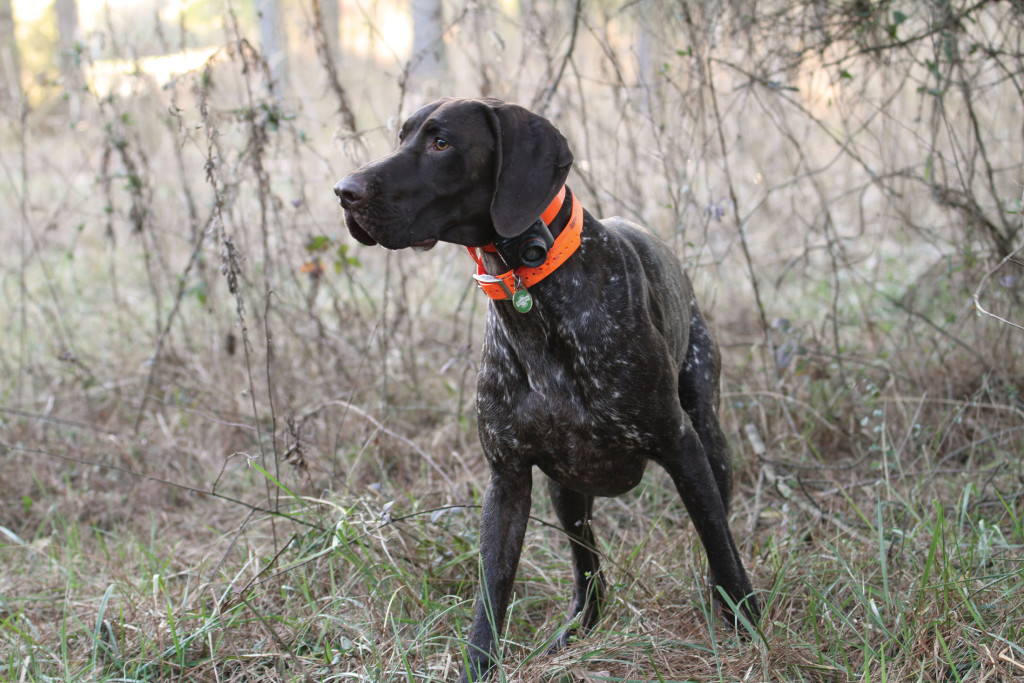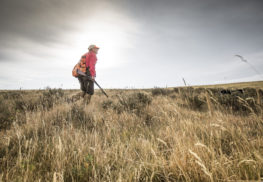About Our Companions- Canine Concerns, Part I

Hunting dogs are athletes required to perform in all kinds of weather and are exposed to environmental hazards rarely found in a backyard. Further, many hunting dogs have a drive so strong it overrides discomfort. They may not immediately display symptoms of something potentially lethal—which means their mortality clock may already be ticking toward alarm when you discover the problem.
External injuries such as severe lacerations, gunshots, and broken bones need obvious attention. They can be treated in the field and are (usually) not life-threatening. On the other hand, the early stages of GDV, hypothermia, poisoning, heat stroke, and hypoglycemia start with symptoms that don’t look particularly threatening but can kill a dog more quickly than most of us realize. For example, dogs experiencing bloat and stomach torsion may have as little as 20 minutes to an hour before going into shock and losing consciousness. Hypothermia sets in when a dog’s body temperature drops below 100 degrees from its normal 101 to 102.5 degrees—just a drop of 2 or 3 degrees is enough. The neurotoxin in blue-green algae can cause death within minutes. On an 85-degree day, the cab of a parked truck reaches 120 degrees in 30 minutes, with heatstroke occurring once the dog’s body temperature hits 109 degrees.
As hunters, we put our dogs in rigorous and demanding situations, far from veterinary care. A day’s hike into the backcountry, a bush plane’s flight across the tundra, even the remote seclusion of hunting camp all mean we’re a long way from an emergency vet and need many hours to get there. Loving our bird dogs as we do, we owe it to them to recognize the signs of life-threatening conditions and to learn how to treat them (when we can). In this article, we’ll look at bloat and torsion, and hypoglycemia. In future issues of Covey Rise, we’ll examine hypothermia, poisoning, and heat stroke.
SHARE ON
You may also like
“What bird hunting has taught me – apart from ...
When you’re running a bird dog, hydration and fo...
The Dixie Kennel Cover's polyester shell is toughe...

























